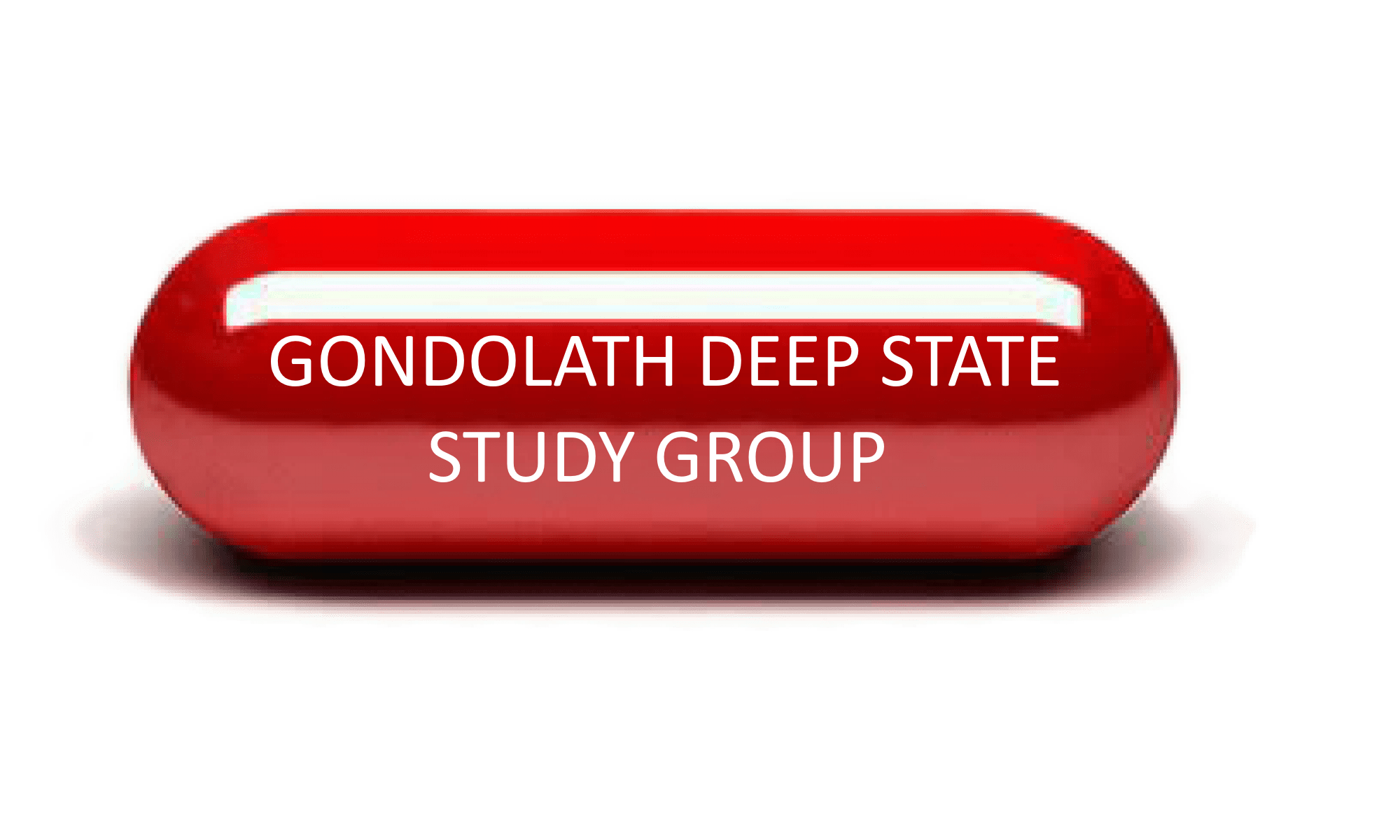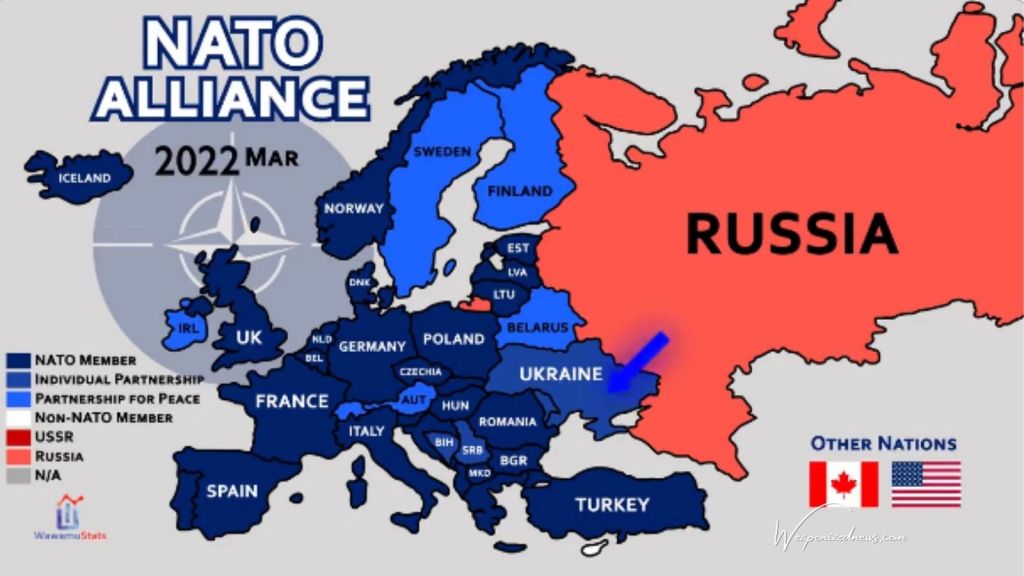When reflecting upon the causes of the war in Ukraine, NATO’s expansion towards Russia’s borders is one of them. This article provides a video that nicely shows the expansion of NATO after the fall of the Soviet Union.
We have spent some time on the war in Ukraine on this website. We highlighted the unpopular conscription practices in Ukraine (1), we talked about Ukraine’s list of journalists they consider to be their enemies (2) and we described how the war could have ended with a peace treaty in Istanbul in April 2022 if not for the ill-advice by British Prime Minister Boris Johnson who held Russian troops responsible for the bloodbath in the Ukrainian town of Bucha, and therefore suggested it would be better to not make a deal with the Russians and fight (3).
When it comes to promises that were made by NATO about not expanding to the East it seems only verbal promises were made, without any written guarantees (4). That’s probably the reason why the Russians feel betrayed by the NATO countries (5).
WARNINGS BY RUSSIA NOT TO LET UKRAINE BECOME A MEMBER OF NATO WERE IGNORED
When it comes to the current situation, Russia warned NATO that they would not allow Ukraine to become part of NATO because it was a threat to their security. Putin stressed that the Americans wouldn’t accept Russian missiles on their border with Canada or Mexico either (4, video). In the excerpt below you can hear the Secretary General of NATO, Jens Stoltenberg admit that they decided to completely ignore Russia’s warning and concerns, which ultimately resulted in the atrocities of the war in Ukraine.
and the limitless right to place military installations on Russia’s frontiers
– something no Western power would accept from an adversary (Max Blumenthal comment, 7)
FOOTNOTES
(1) Ukraine Forcefully Pulls People from Streets for Conscription
(2) Our Friends against the Western Propaganda Machine on Ukraine
(3) A Chronological Overview of Events Surrounding the Peace Negotations between Russia and Ukraine in Istanbul, March 2022
(4) Washington D.C., December 12, 2017 – U.S. Secretary of State James Baker’s famous “not one inch eastward” assurance about NATO expansion in his meeting with Soviet leader Mikhail Gorbachev on February 9, 1990, was part of a cascade of assurances about Soviet security given by Western leaders to Gorbachev and other Soviet officials throughout the process of German unification in 1990 and on into 1991, according to declassified U.S., Soviet, German, British and French documents posted today by the National Security Archive at George Washington University (http://nsarchive.gwu.edu).
The documents show that multiple national leaders were considering and rejecting Central and Eastern European membership in NATO as of early 1990 and through 1991, that discussions of NATO in the context of German unification negotiations in 1990 were not at all narrowly limited to the status of East German territory, and that subsequent Soviet and Russian complaints about being misled about NATO expansion were founded in written contemporaneous memcons and telcons at the highest levels.
The documents reinforce former CIA Director Robert Gates’s criticism of “pressing ahead with expansion of NATO eastward [in the 1990s], when Gorbachev and others were led to believe that wouldn’t happen.”[1] The key phrase, buttressed by the documents, is “led to believe.”
source: NATO Expansion: What Gorbachev Heard
(5) Many of the documents that have now been made public seem to support the Russian standpoint:
- On March 1, 1999, Genscher told the U.S. that he was opposed to the eastward expansion of NATO with the justification that “during the Two Plus Four negotiations the Soviets were told that there was no intention of expanding NATO to the east.”
- Six days later, the policy director of the German Foreign Ministry, Jürgen Chrobog referred in a meeting with diplomats from Britain, France and the U.S. to “the understanding expressed in the Two Plus Four process that the withdrawal of Soviet troops from the West cannot be used for our own advantage.”
- On April 18, Genscher told his Greek counterpart that he had told the Soviets: “Germany wants to remain a member of NATO even after reunification. In exchange, it won’t be expanded to the east …”
- On October 11, Genscher met with his counterparts from France and Spain, Roland Dumas and Francisco Fernández Ordóñez, respectively. Minutes from that meeting recorded Genscher’s statements regarding the future of Central and Eastern European Countries (CEECs) as follows:
“We cannot accept NATO membership for CEEC states (referral to Soviet reaction and pledge in 2 + 4 negotiations that NATO territory is not to be expanded eastward). Every step that contributes to stabilizing situation in CEEC and SU is important.” SU is a reference to the Soviet Union.”
(Newly Released Documents Shed Fresh Light on NATO’s Eastward Expansion)
(6) https://twitter.com/1HearMeRoar1/status/1784630421298331737
(7) https://twitter.com/MaxBlumenthal/status/1705279791903965603
(8) https://x.com/ivan_8848/status/1792147562708820288


Leave a comment